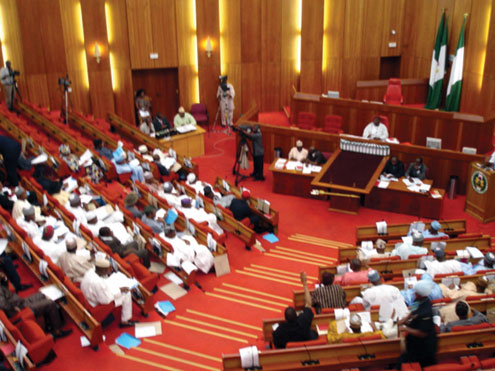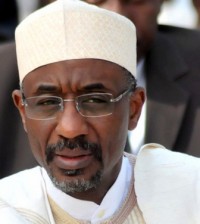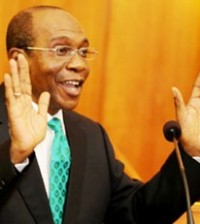Money supply hits N12.5b – CBN
The Central Bank of Nigeria (CBN) has released statistics for August, which saw the M2 Money Supply rising to N12.5 billion, about 8.6 per cent lift from the June figure. The M2 is the total amount of money available in an economy at a time.
However, private sector credit climbed 1.3 per cent to N10.8 billion, while average interbank rate stood at 11 per cent flat.
Economists use M2 to determine the amount of money in circulation as well as explain different economic monetary conditions. Also, money supply measures reflect the different degrees of money in the financial services sector which can serve as legal tender. The narrowest measure, M1, is restricted to the most liquid forms of money, such as currency in the hands of the public, travelers’ cheques, demand deposits and other deposits against which cheques can be written. M2 includes M1, plus savings accounts and time deposits, among others.
Also, inflation slowed to 9.3 per cent year-on-year in August, from 10.2 per cent year-on-year in June.
Inflation fluctuated from 12.1 per cent to 11.1 per cent to 12.8 per cent to 11.3 per cent to 12.4 and to 10.2. per cent in January, February, March, April, May and June.
The foreign reserves stood at $34.8 billion as at September 14 and was $31.5 billion in July 7.
The CBN said it acknowledged the modest increase to the external reserves in recent months. It, however, noted that inflow into the CBN is not consistent with the high oil prices, stating that this underscores the need for tighter fiscal controls around oil revenues as well as first line charges, including Joint Venture Company deductions and subsidies.
A higher rate of retention of oil revenues should facilitate the efforts at maintaining exchange rate stability as an antidote to imported inflation without excessive reliance on monetary tightening measures, the apex bank said.
Nation








